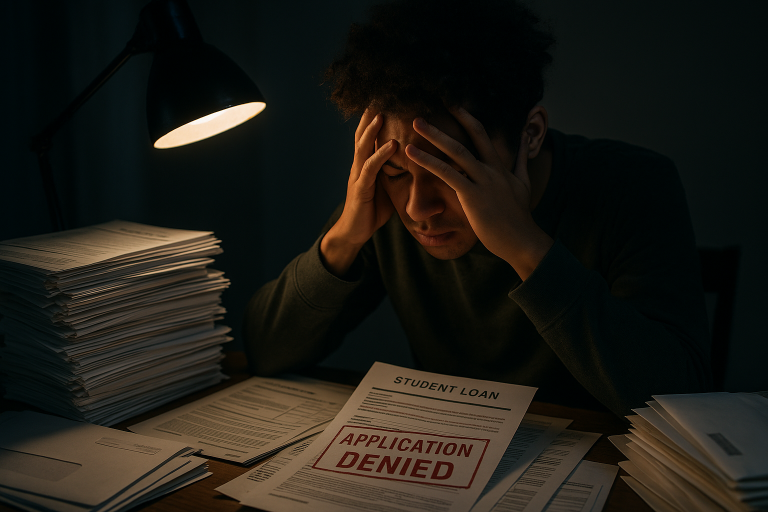Beware of Scam Calls: Area Codes to Avoid for Your Safety
In today's digital age, scams and fraudulent activities are increasingly common, especially over the phone. A lesser-known fact is that certain area codes may be red flags for phone scams. Engaging with unknown callers from these specific area codes can lead to financial losses, wasted time, and even damage to your credit score. This article aims to enlighten you about which area codes to steer clear of and offers advice on protecting yourself from prevalent phone scams.

Identifying and Avoiding Common Phone Scams
Annually, billions are lost globally to various financial scams, including those perpetrated over the phone. Scammers are constantly devising new methods to deceive people into parting with their money.
Here's a rundown of typical phone scams and the area codes often used by fraudsters:
- The One-Ring Scam: This scam involves a call that rings only once before disconnecting. The aim is to pique your curiosity, prompting you to return the call, which may result in hefty international call charges.
- Student Loan Forgiveness Scam: Targets individuals with student loan debt, falsely claiming eligibility for loan forgiveness and requesting personal information or fees to process the non-existent forgiveness.
- Failed Delivery Attempt Scam: Involves messages about undelivered packages, leading to requests for credit card or address details under false pretenses.
- Lottery Winner Scam: Notifies you of a fake lottery win, often directing you to a fraudulent website to extract personal and financial information.
- Unpaid Taxes Scam: Impersonates IRS agents demanding immediate payment of fictitious unpaid taxes, often with threats of severe penalties.
- Bank Account Freeze Scam: Claims your bank account is frozen due to various fabricated reasons, seeking personal information or money to resolve the issue.
- Traffic Pumping Scam: Inflates call traffic to charge higher fees, often involving rural carriers and industries like chat lines or adult entertainment.
- The “Save You From Scams” Scam: Offers a bogus scam protection service, ironically being a scam itself.
- The Send Money Now Scam: Creates urgent, fake scenarios requiring immediate financial assistance, like a family member in trouble.
Area Codes Prone to Scams
While the following area codes might be used by scammers, it's crucial to exercise caution with calls from any unfamiliar area code. Some of the potentially risky area codes include:
- 216 (Cleveland, Ohio)
- 218 (Northern Minnesota)
- 232 (Sierra Leone)
- 268 (Antigua/Barbuda)
- 284 (British Virgin Islands)
- 332, 347 (New York City)
- 469 (Dallas, Texas)
- 473 (Grenada)
- 649 (Turks/Caicos Islands)
- 646 (Manhattan)
- 657 (LaPalma, California)
- 664 (Montserrat)
- 712 (Western Iowa)
- 767 (Commonwealth of Dominica)
- 809, 829, 849 (Dominican Republic)
- 876 (Jamaica)
Other suspicious area codes include 202, 301, 312, 347, 805, 863, 858, 865, 878, and 904.
Final Advice
Always treat calls from unknown numbers with suspicion, regardless of the area code. Be vigilant about the various tactics phone scammers use to lower your guard. Never disclose personal or financial information unless you are certain of the caller's identity. If in doubt, independently verify the situation with the relevant company or government department.


